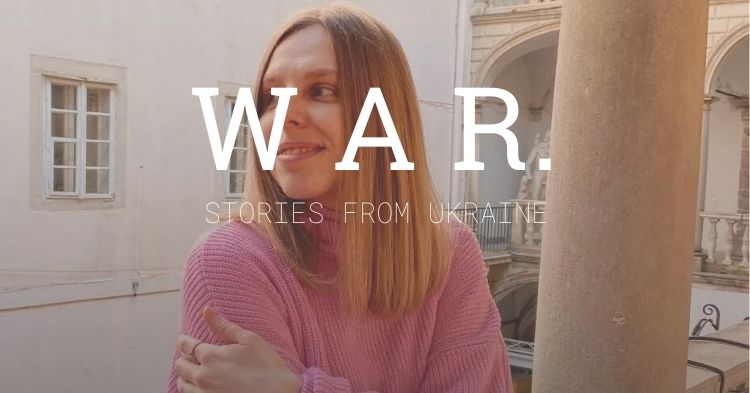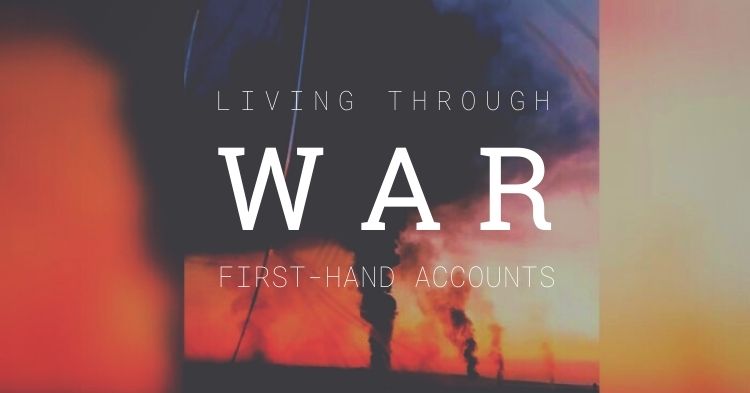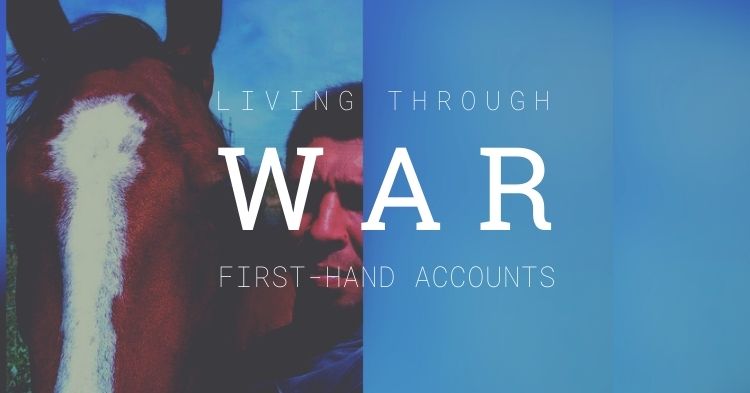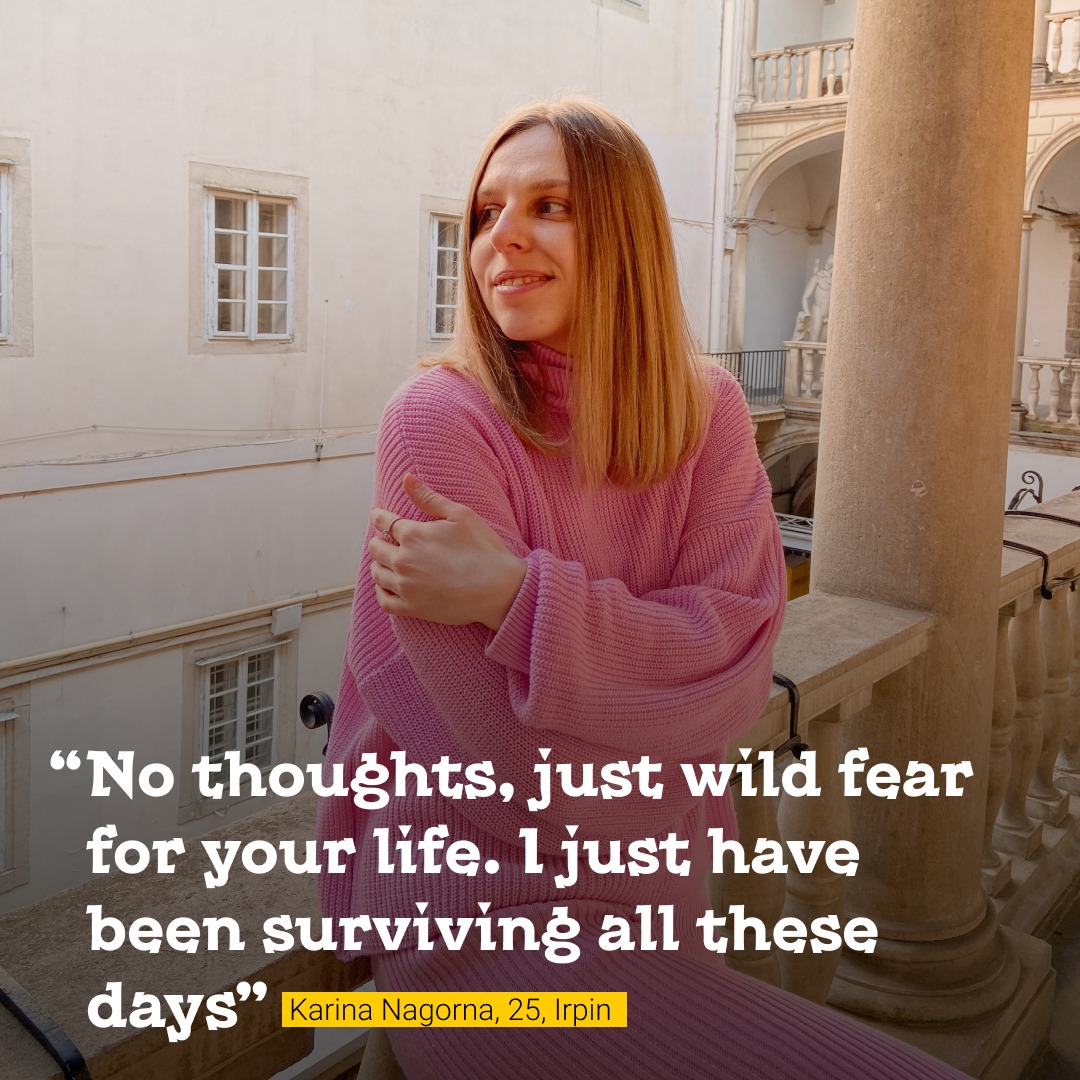
“We went out and down under the ruined bridge where there were like 300 people. When the guys from the Territorial Defense shouted, ‘Air! All run under the bridge, to the bases!’, within a second all the people huddled at the concrete pillars. There were three air raid sirens, and three times we waited for a strike. Then we were transferred across the bridge, through a checkpoint into the forest and towards volunteers on the road,” the woman says.
In peacetime, Karina was a photographer and trained to be a psychotherapist. She and her husband had lived in Irpin for nine months, the last nine days of which became a real hell.
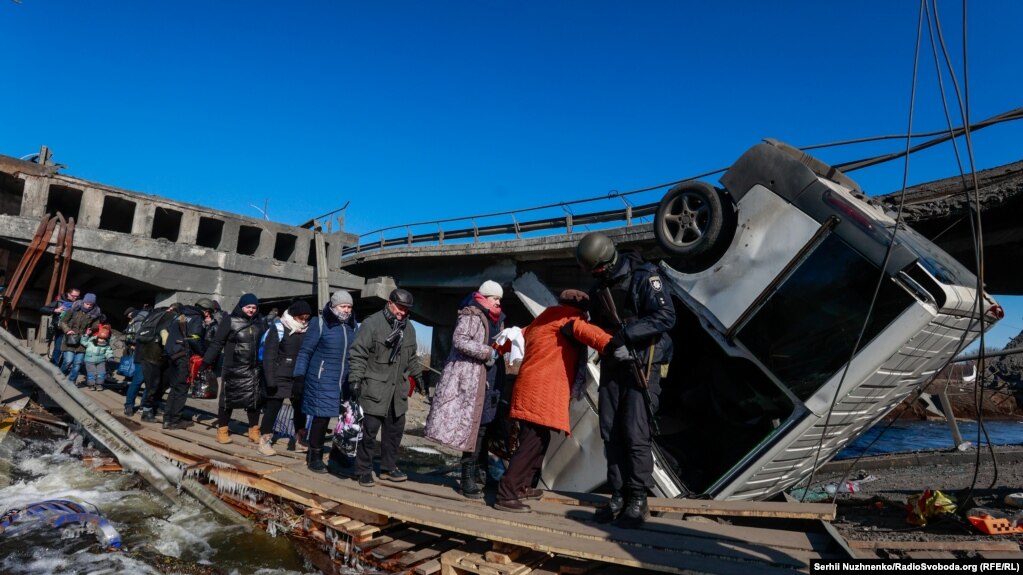
There was no safe evacuation from the city of Irpin, which was actually blocked by the invaders from the first day. Karina recalls that the worst part was going under the bridge.
“There are no words to describe that fear. This is not comparable to any panic attacks or any other kind of fear. I didn’t think about death at the time, I was scared so much that there was a vacuum in my head. When it got quieter, I only had one thought: I wanted my husband to be with me. I was very afraid that he would not be taken onto the bus because there were many women and children. I am still ashamed of these thoughts, but I knew that I would not go without him.”
The volunteers helped the couple reach Kyiv. Karina recalls that she prayed all the way to the capital, although she was never a religious person.
“In these nine days I kind of lived a lifetime,” says Karina, referring to the war in Irpin. “On the third day we stood in line to the pharmacy under the sound of explosions, but none of the people fled because their place in the queue was much more important.”
In the early days of the war, Karina’s husband dislocated his ankle, and the couple had to go to a hospital in nearby Bucha, where the fighting was already going on.
“When we came out and tried to call a taxi or catch a car, it was the moment when a bomb blew up behind the building. It is difficult to describe what you feel at such a moment. No thoughts, just a wild fear for your life.”
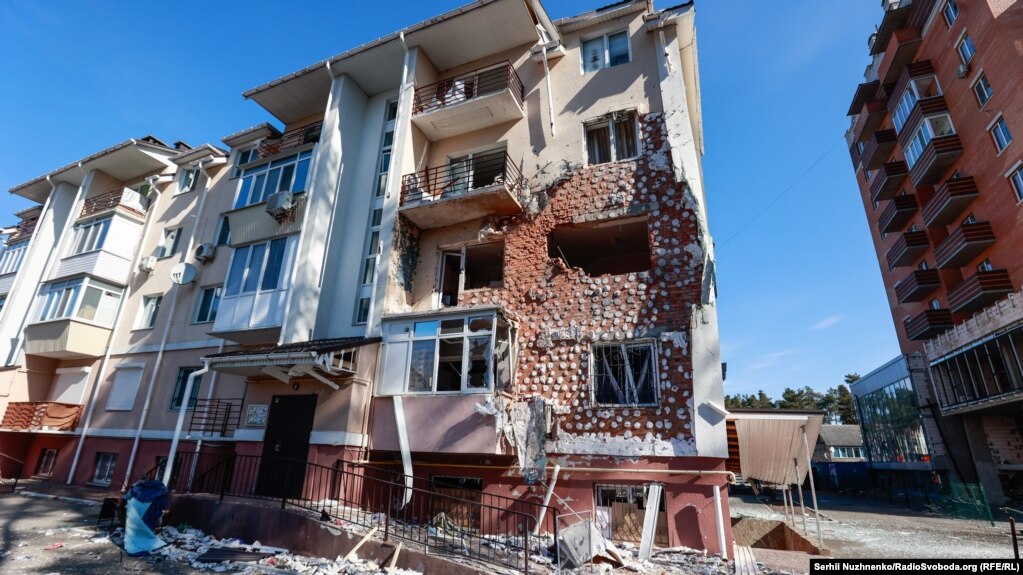
At home, Karina and her husband slept on the floor and then “moved” to the bathroom.
“We learned from the news that the fighters that flew over our heads bombed the houses near the military hospital in Irpin. I had a meltdown after this. When I heard a fighter jet, I just lay on the floor, prayed, and waited.”
Now the couple is staying in Obukhiv (a city in Kyiv Oblast) where Karina’s mother lives. They’re not planning to move on yet. Karina says that she recovered from the stupor the day after the evacuation:
“I can at least talk, even smile, react somehow. Before that, there was only fear. I just have been surviving all these days.”
Karina wants to restore her strength and help Ukraine and Ukrainians with everything she can. The spouses have a common dream: to go to Crimea.
“My husband spent every summer there as a child and I was there only once and that was in winter.”
Recorded by Oksana Pavlenko.
Read more:
- “I understand that this is genocide.” Oleksandr, 34, Kharkiv
- “What Russia’s doing to us isn’t war, it’s extermination”: how I escaped my Russian-occupied village
- Ukrainians of occupied towns protest against Russian invaders, undermining “liberator” narrative
- Amplify Ukrainian voices, not Russian ones
- What Russians think about Russia’s war in Ukraine: video

